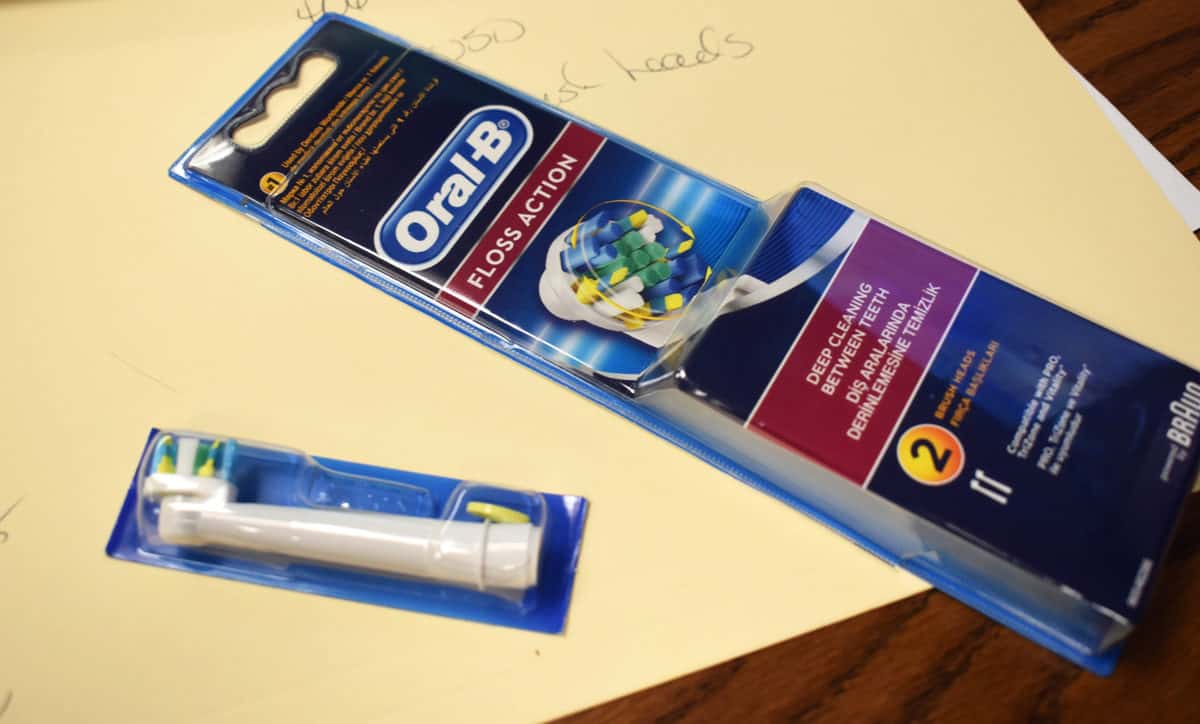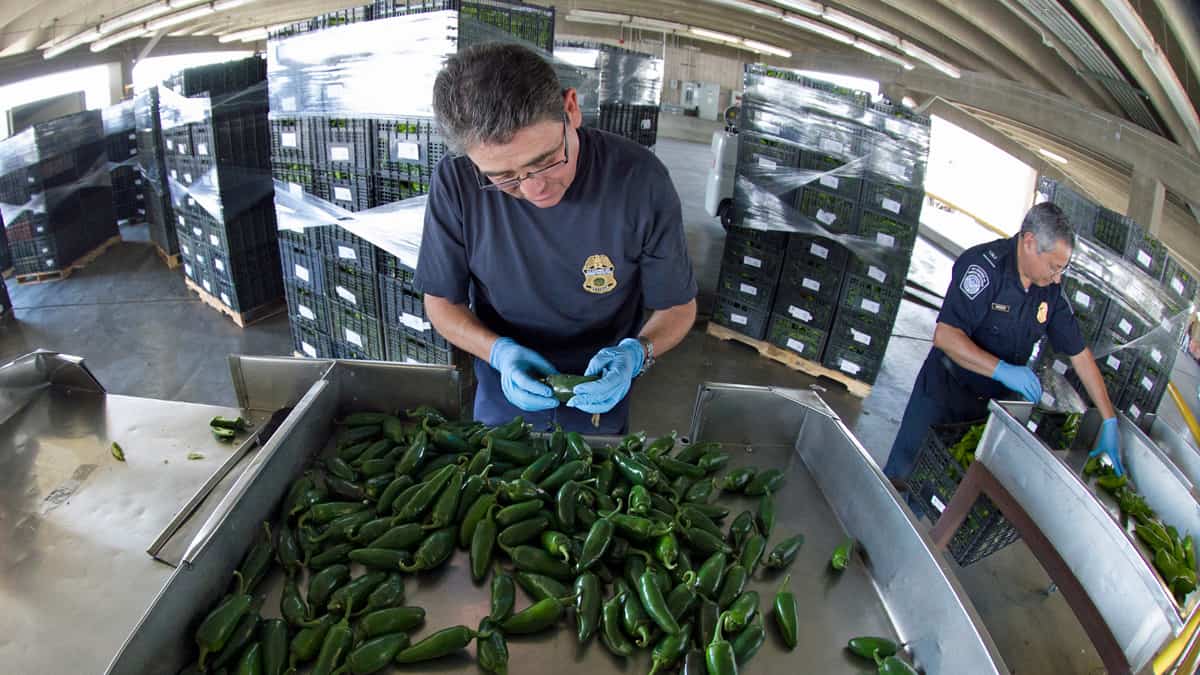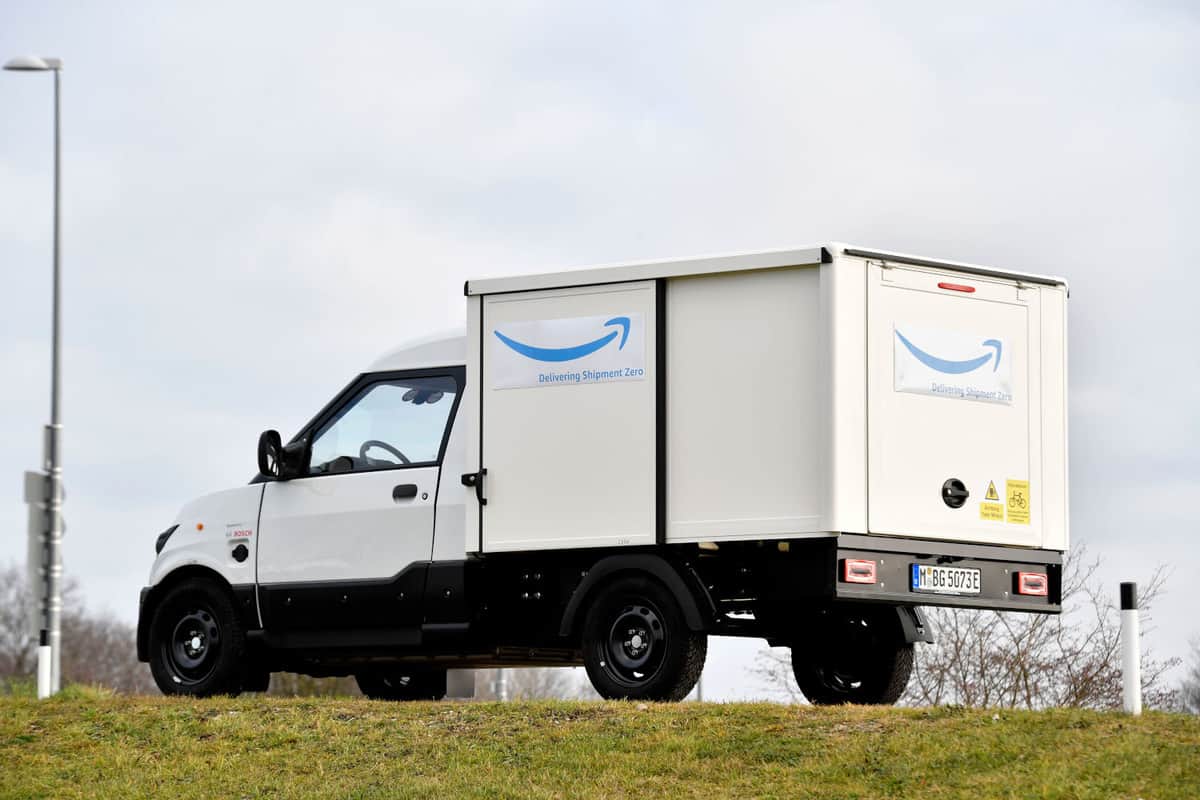
U.S. Customs and Border Protection (CBP) officers at Philadelphia airport recently intercepted and removed an express shipment of counterfeit electric toothbrush heads from Turkey before they could end up in the hands of unwitting American consumers.
The 1,440 counterfeit Oral-B electric toothbrush heads, which were destined for an address in Joliet, Illinois, had a manufacturer’s suggested retail price of $12,274, if genuine. The shipment consisted of 260 four-packs and 200 two-packs, according to the agency.
CBP officers suspected the toothbrush heads were counterfeit based on the “poor packaging and questionable quality” of the product, the agency said.
The officers contacted the agency’s Consumer Products and Mass Merchandising Centers of Excellence and Expertise in Atlanta, where trade specialists worked with the Oral-B trademark holder to determine that the toothbrush heads were counterfeit. CBP seized the shipment on February 24.
“Customs and Border Protection will continue to work with our trade and consumer safety partners to identify and seize counterfeit consumer goods that threaten American shoppers, such as these potentially dangerous toothbrush heads,” said Anne Maricich, acting director of field operations in the agency’s Baltimore field office, in a statement on March 6. “CBP urges consumers to protect themselves and their families by purchasing authentic health and hygiene products from reputable vendors.”
CBP warned that counterfeit toothbrush heads pose a health threat to consumers, since they are likely “manufactured in unsanitary facilities with substandard materials that may sicken users or cause bleeding to a user’s gums or mouth, and structural defects may cause the brush head to detach and potentially choke users.”
The agency suspects that counterfeit Oral-B toothbrush heads are sold online from garage-based businesses or at flea markets.
“You think you’re getting a good value from the seller, and the next thing you know you’re hurting yourself,” CBP spokesman Stephen Sapp told American Shipper.
This is not the first time that CBP officers at Philadelphia airport have encountered counterfeit toothbrushes in express consignments from overseas. In October 2019, the officers seized a shipment from China containing 20,400 counterfeit Oral-B toothbrush heads. The shipment, if genuine, had a manufacturer’s suggested retail price of $95,600, the agency said.
In recent years, CBP has stepped up its enforcement against imports containing counterfeit products. On a typical day last year, the agency seized $4.3 million of these illicit goods at U.S. ports of entry.
According to CBP, China continues to be the primary source for counterfeit and pirated goods. It’s estimated that 66% of all U.S. intellectual property rights seizures, with a value of more than $1 billion if the products had been genuine, originated in China during fiscal year 2019.
“Trademark holders share sensitive product information with us,” Sapp said. “From this information, our officers and trade specialists become even better at identifying the telltale signs of counterfeit goods.”












